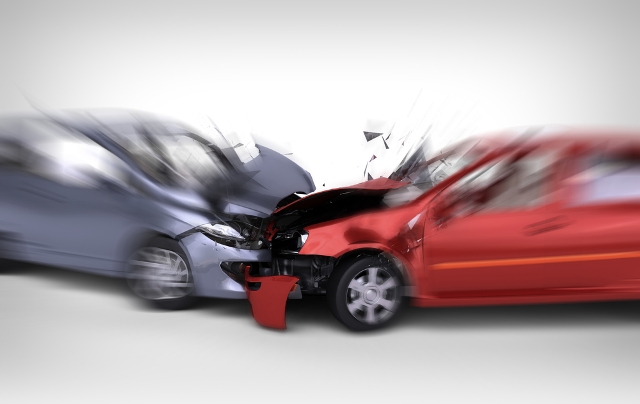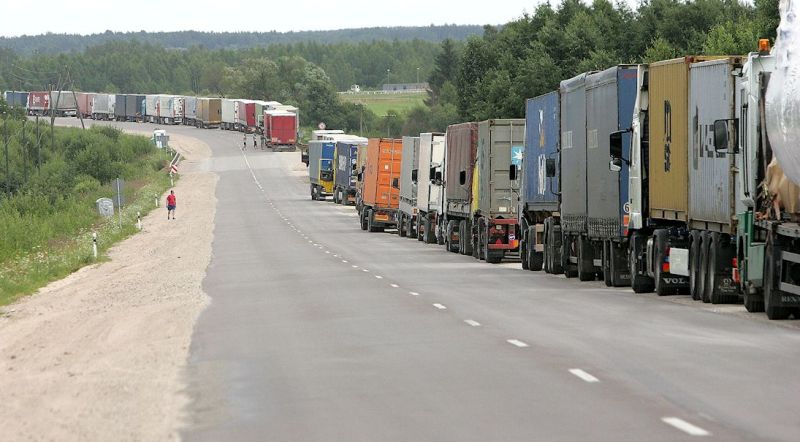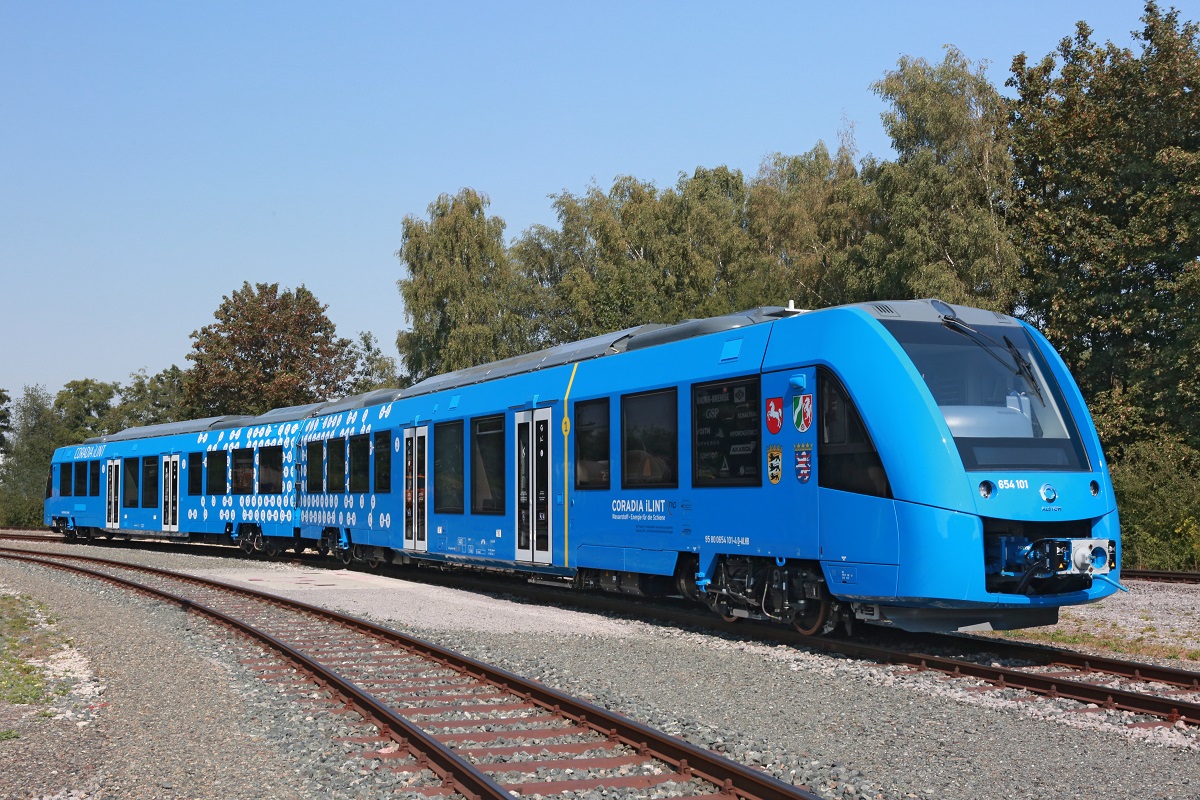All new cars should be equipped with driver-assistance systems capable of detecting pedestrians, braking automatically or adapting the speed, according to MEPs.
Every year, more than 25,000 people are killed and hundreds of thousands injured on Europe’s roads. About 90% of these accidents are due to human error.
Many of them could be avoided by using new technological systems to assist drivers in dangerous situations. Today they are the preserve of relatively few higher-end models, but given their obvious benefits MEPs want to make these systems compulsory on all new cars. They debate a draft resolution regarding this on Monday 13 November and vote on it the day after.
These systems vary from automatic braking with pedestrian and cyclist detection and intelligent speed assistants They can also automatically slow down a car to avoid a collision and assist drivers to remain within speed limits. There are also systems that start beeping wildly or even steer a car back when you drift out of the lane.
German EPP member Dieter-Lebrecht Koch, who is responsible for steering the new rules through Parliament said: “Whether as drivers, pedestrians or cyclists – we all make mistakes. And in those cases automatic assistance systems are like silent co-pilots that help us avoid accidents.”
While these and other driver-assist systems used to be standard on only high-end cars, they can now increasingly be found across all classes. However, three quarters of new cars are still not equipped with any of those, mainly because of the extra cost.
To reduce costs, the draft resolution suggests only making features compulsory that are already available on the market and have proved their ability to save lives, such as automatic emergency breaking systems with pedestrian and cyclist detection.
“Everyone should be able to buy such a car,” said Koch. “It is precisely through widespread implementation that these driver assistance systems become cheaper. Therefore the price of these cars will not shoot through the roof; they will just be a little more expensive.”
MEPs are also keen to assess the possible added value of cutting the blood alcohol limit to zero for new drivers and professional drivers across the EU.
(europarl)



















































